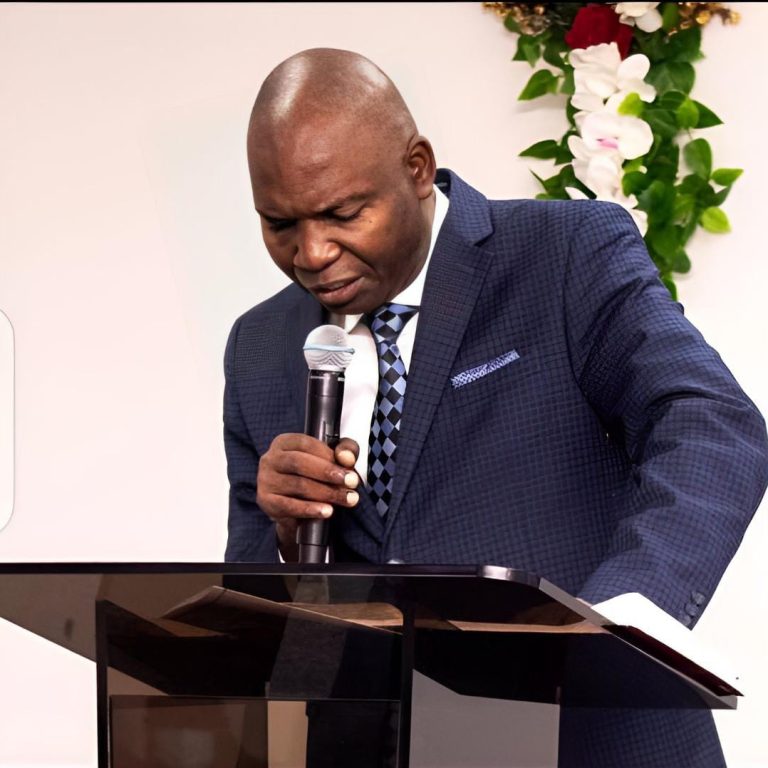
Introduction
The intersection of faith and mental health is a complex and deeply personal topic that has gained increasing attention in recent years. Faith, often defined as a belief in something greater than oneself, plays a significant role in the lives of billions around the world. Similarly, mental health, which encompasses our emotional, psychological, and social well-being, is crucial to leading a fulfilling life. This article explores how faith and mental health intersect, their potential impacts on each other, and the ways in which individuals and communities can find harmony between the two.
The Power of Faith
Faith, in its various forms, can be a source of strength and resilience for individuals facing mental health challenges. For many, religious beliefs offer solace, hope, and a sense of purpose during difficult times. Prayer, meditation, and rituals provide a sense of connection to the divine, which can alleviate feelings of loneliness or despair. The support of a faith community can foster a sense of belonging and a network of care, providing essential emotional support.
Furthermore, faith can instill a moral compass that guides individuals toward making healthier choices for their mental well-being. Many religious traditions emphasize values such as compassion, forgiveness, and gratitude, which can promote emotional resilience and overall mental wellness.
Challenges and Stigmas
While faith can be a source of support, it is essential to acknowledge that religious communities and beliefs can sometimes perpetuate stigmas around mental health. Misunderstandings or misinterpretations of religious texts may lead to shame or judgment when individuals seek help for mental health issues. In some cases, individuals may feel that they should rely solely on faith for healing, avoiding necessary medical or therapeutic interventions.
Conversely, there can be skepticism or misunderstanding within the mental health community regarding the role of faith. Some mental health professionals may lack cultural competency when working with clients from diverse religious backgrounds, potentially alienating those who draw strength from their faith.
Integration and Holistic Well-Being
The ideal intersection of faith and mental health involves a holistic approach to well-being, where faith and mental health support each other rather than conflicting. Here are some ways individuals can navigate this intersection:
- Seek professional help: When facing mental health challenges, it’s essential to consult mental health professionals who can provide evidence-based treatment. Faith and therapy can coexist, with therapy addressing the psychological aspects while faith provides emotional support.
- Open dialogue: Encourage open conversations within faith communities about mental health. Normalize discussions about emotional struggles, reducing stigma, and fostering understanding.
- Personalized approach: Recognize that each individual’s journey is unique. Some may find comfort and healing through faith practices, while others may rely more on therapy and medical interventions. It’s crucial to respect these choices.
- Education and awareness: Both mental health professionals and religious leaders should receive training on how to address the intersection of faith and mental health sensitively.

Conclusion
The intersection of faith and mental health is a multifaceted and deeply personal journey. Faith can provide solace, purpose, and a sense of belonging, but it can also pose challenges due to stigmas and misunderstandings. The key is to strike a balance that prioritizes holistic well-being, acknowledging that faith and mental health can coexist and complement each other. By fostering open dialogue, encouraging education, and respecting individual choices, we can work towards a future where faith and mental health mutually support the journey to emotional well-being.













